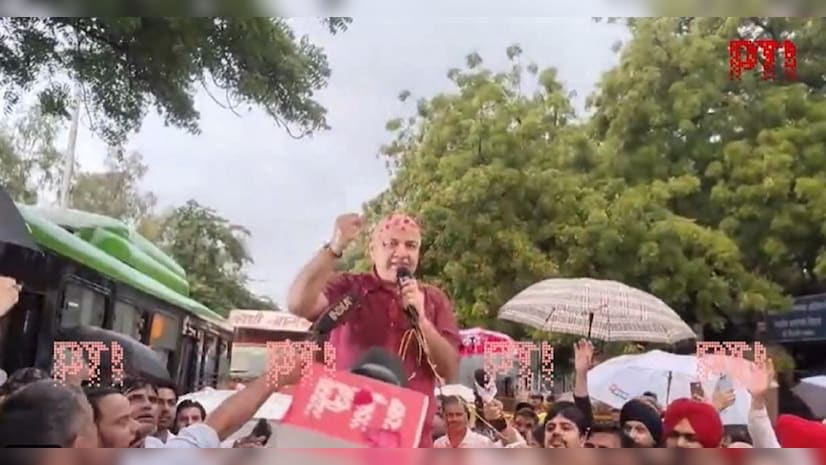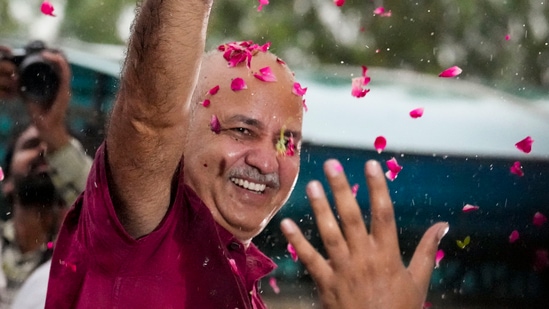Manish Sisodia, a senior leader of the Aam Aadmi Party (AAP) and former Delhi Deputy Chief Minister, has been released from Tihar Jail after 17 months of incarceration. His release marks a significant moment in Indian politics and highlights ongoing controversies and legal battles involving high-profile political figures.

Source:- BBC news
Sisodia’s arrest and subsequent imprisonment were rooted in allegations related to the Delhi Excise Policy, which faced scrutiny and led to his arrest by the Central Bureau of Investigation (CBI) and the Enforcement Directorate (ED). The charges against him included corruption and misconduct in the formulation and implementation of the policy. The case has been a focal point of political debate, with Sisodia and his party claiming that the charges were politically motivated, aimed at targeting opposition leaders and stifling dissent.
Source:- BBC news
Throughout his detention, Sisodia maintained his innocence and described his imprisonment as a consequence of political vendettas rather than genuine legal concerns. His release has been greeted with a mix of relief and skepticism, reflecting the polarized nature of Indian politics. Supporters view his freedom as a victory against what they perceive as unjust and politically driven legal actions, while critics remain wary of the implications for ongoing investigations and the broader political landscape.
Sisodia’s return to public life is anticipated to reignite discussions around the Delhi Excise Policy and the broader issues of political corruption and governance in India. As he steps out of Tihar Jail, his next moves and statements will likely be closely scrutinized, potentially influencing upcoming political developments and electoral strategies.
This development underscores the complexities and high stakes of Indian politics, where legal issues and political rivalries often intersect in ways that shape the nation’s democratic and governance frameworks.
Share your views in the comments

